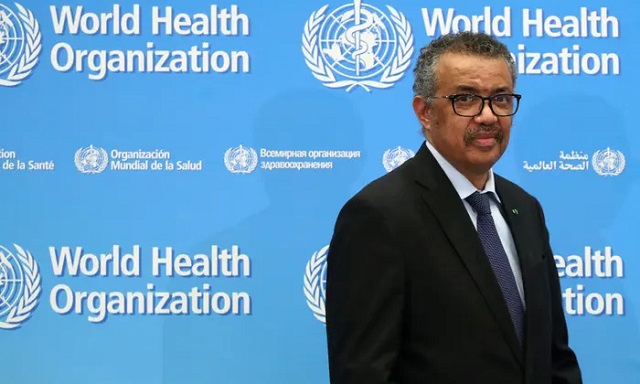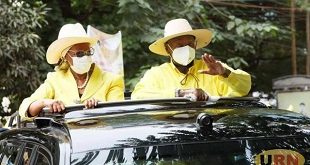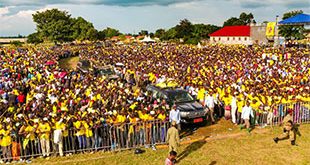
Kampala, Uganda | THE INDEPENDENT | The World Health Organization-WHO is convening the world’s first meeting to explore the role of traditional, complementary, and integrative medicine in addressing pressing health challenges and driving progress in global health and sustainable development.
Speaking about the summit that is scheduled for August 17th to 18th, Dr Tedros Adhanom Ghebreyesus, WHO Director-General said traditional medicine can play an important and catalytic role in achieving the goal of universal health coverage and meeting global health-related targets that were off-track even before the disruption caused by the COVID-19 pandemic.
“Bringing traditional medicine into the mainstream of health care appropriately, effectively, and above all, safely based on the latest scientific evidence can help bridge access gaps for millions of people around the world. It would be an important step toward people-centered and holistic approaches to health and well-being”, he said.
While it’s not institutionalized, traditional and complementary medicine is well established in many parts of the world, where it plays an important role in the culture, health, and well-being of many communities. In some countries, it represents a significant part of the health sector’s economy, and for millions of people around the world, it is the only available source of health care.
But, experts warn that natural doesn’t always mean safe, and centuries of use are not a guarantee of efficacy; therefore, scientific methods and processes must be applied to provide the rigorous evidence required for the recommendation of traditional medicines in WHO guidelines.
WHO suggests research methods such as ethnopharmacology which involves medicines derived from naturally occurring substances like plants and fungi and reverse pharmacology could help identify new, safe, and clinically effective drugs, while the application of new technologies in health and medicine for example genomics, new diagnostic technologies, and artificial intelligence could open new frontiers of knowledge on traditional medicine.
“Advancing science in traditional medicine should be held to the same rigorous standards as in other fields of health. This may require new thinking on the methodologies to address these more holistic, contextual approaches and provide evidence that is sufficiently conclusive and robust to lead to policy recommendations,” said Dr. John Reeder, WHO Director of the Special Programme for Research and Training in Tropical Diseases and Director of the Department of Research for Health.
Meanwhile, the Summit will explore research and evaluation of traditional medicine, including methodologies that can be used to develop a global research agenda and priorities in traditional medicine, as well as challenges and opportunities based on 25 years of research in traditional medicine.
At the Summit, WHO will present emerging findings from the third global survey on traditional medicine, which, for the first time, includes questions on the financing of traditional and complementary medicine, the health of Indigenous Peoples, quality assurance, traditional medicine knowledge, biodiversity, trade, integration, patient safety, and more.
The complete survey, which will be released later in the year, first on an interactive online dashboard and then as a report, will inform the development of WHO’s updated traditional medicine strategy 2025-2034.
*****
URN
 The Independent Uganda: You get the Truth we Pay the Price
The Independent Uganda: You get the Truth we Pay the Price




